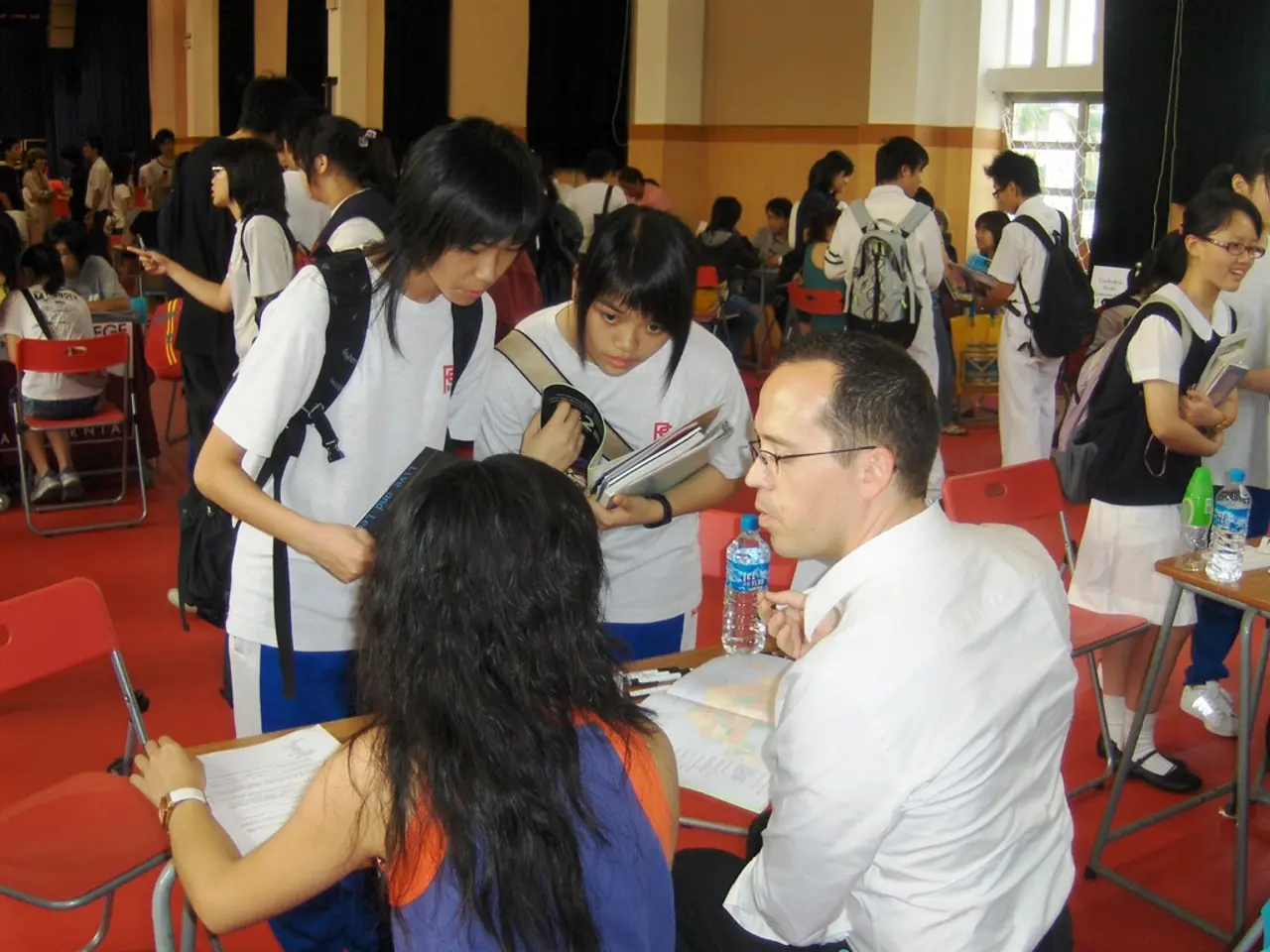Investigatory Activities: Involvement of the Commission in Various Inquiries
Under the Berlin skies, Federal President Steinmeier addresses the controversy surrounding the legal reinstatement of the right-wing extremist magazine "Compact". Despite this apparent green light, he cautions that it doesn't equate to unconditional approval. "Don't misinterpret this as a pass, there's still room for interpretation where a court decision might differ," he warns.
The verdict from the Federal Administrative Court nullifies an earlier ban on the magazine, put forth by the Federal Ministry of the Interior back in 2024. With the ruling, "Compact" remains in circulation. The court recognizes questionable activities, but deems them as insignificant, asserting that they don't warrant a ban. Initially, the ministry denounced the magazine as "the primary mouthpiece of the right-wing extremist movement."
The anti-immigration Alternative für Deutschland (AfD) seizes on this ruling as validation for their stance and dismisses calls for an AfD party ban. Hans-Christoph Berndt, chairman of the AfD state parliamentary group in Brandenburg, states, "We've shown we're a legitimate party through this judgement, therefore there's no basis for an AfD ban."
Similarly, the AfD lauds the court decision as a confirmation of their migration policy. Berndt proclaims, "Criticizing immigration is as constitutional as can be, and this judgement corroborates our stance." He champions the concept of remigration, advocating for the repatriation of war refugees once conflicts have abated. However, the term "remigration" when employed by right-wing extremists typically signifies a call for mass expulsion, not just of immigrants, but by force.
As calls for a potential AfD ban heightened after the Federal Office for the Protection of the Constitution classified the party as securely right-wing extremist, this ruling puts a halt to those discussions – for now.
"Compact" editor-in-chief Jürgen Elsässer embraces the victory, accusing the federal government of totalitarian control. He asserts, "Compact defended the democratic order from the totalitarian power grab of the executive." Under scrutiny since the outset, Interior Minister Alexander Dobrindt (CSU) faces substantive questions on his handling of the situation.
Elsässer feels misjudged and refutes allegations claiming he aims to overthrow the system. Instead, he advocates for reinforcing the liberal democratic system. The ban, according to him, caused financial damage and unexpected publicity. Strangely enough, Faeser's ban further popularized the magazine. Elsässer is eager to augment the publication's reach.
The lawyer for "Compact", Laurens Nothdurft, condemns the ban as dictatorial in nature during the proceedings. He emphasizes the need to combat such overreach in order to enable democratic government change through free elections. Nothdurft, a former member of the now-banned right-wing extremist "Heimattreue Deutsche Jugend" (HDJ), currently serves as the honorary AfD local mayor of Roßlau in Saxony-Anhalt.
Amidst the furor, it remains uncertain how the reinstatement of "Compact" and its potential impact on the AfD party will unfold. Proponents see it as a victory for free speech and dissenting views, while detractors fear it may legitimize extremist content and embolden far-right agendas in Germany. As the tumultuous political landscape shifts, only time will tell the full repercussions of this ruling.
- The court decision to repeal the ban on "Compact" magazine has fuelled debates about migration policy and politics in Germany, with the Alternative für Deutschland (AfD) using it as validation for their stance on the issue.
- The AfD party, known for its conservative migration policies, has hailed the ruling as a confirmation of their stance, with Berndt, the chairman of the AfD state parliamentary group in Brandenburg, advocating for the concept of remigration.
- The reinstatement of "Compact" magazine and its potential impact on the AfD party has given rise to concerns about the legitimization of extremist content and the emboldening of far-right agendas in Germany, as the nation navigates complex issues related to war-and-conflicts, policy-and-legislation, and general news.





